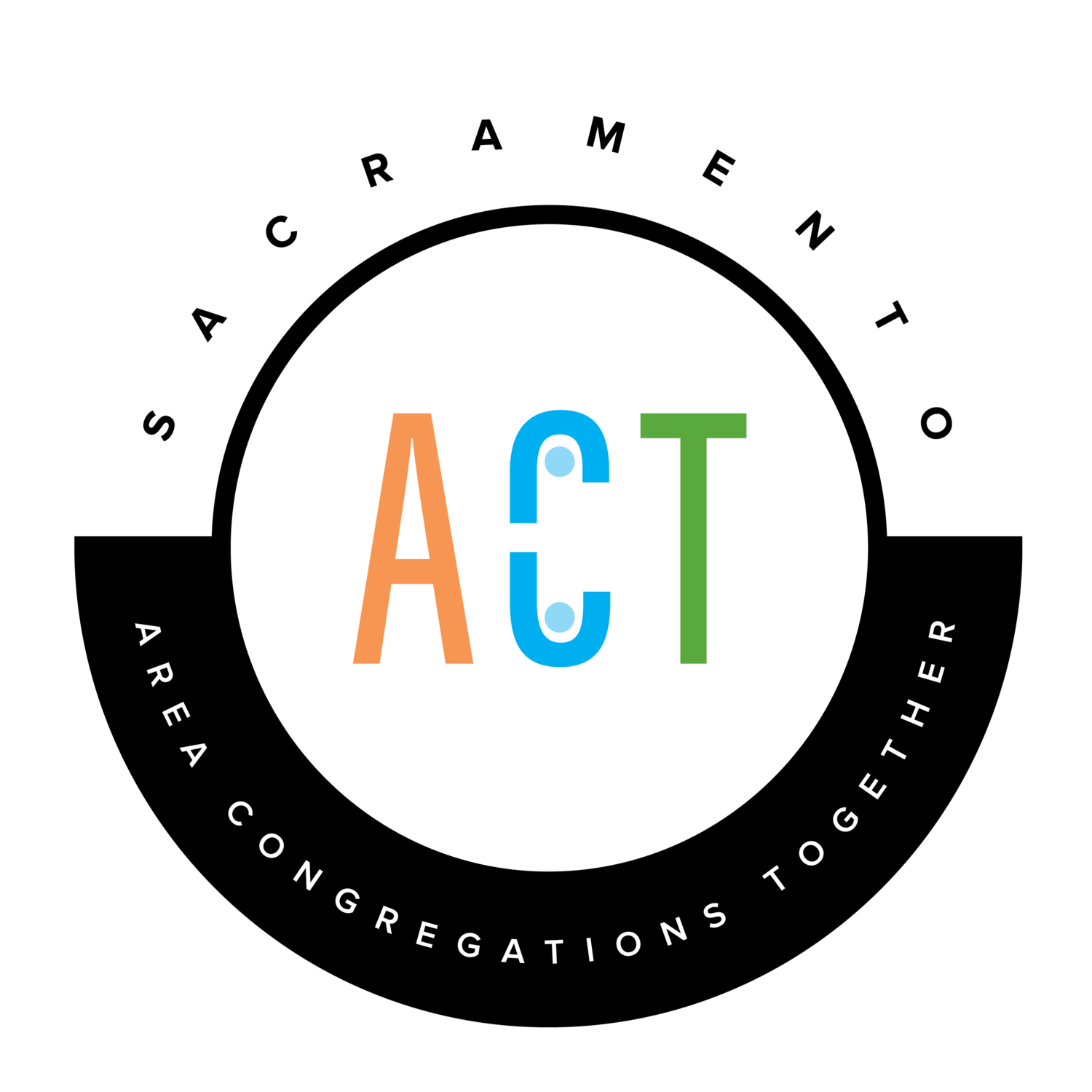Diana Campos, organizer for Sacramento Area Congregations Together, stood before the congregation of Our Lady of Guadalupe Church on Sunday as nationwide ICE raids were expected to begin.
“If ICE comes to your door, simply don’t open it,” she said in Spanish. “You have the right to remain silent.”
Inattentive children laughed and asked to be picked up as parents hushed them and made note of the hotline number Campos provided: “Is everyone ready? 916-245-6773.”
As ICE raids near in 10 major cities, including San Francisco and Los Angeles, immigrant communities and immigrant-rights organizations have mobilized against what they say are the government’s strategies of fear-mongering and obfuscation.
Representatives of Sac ACT will travel to congregations across Sacramento to inform immigrants, undocumented and documented alike, of their rights, channeling community-wide fear and anxiety into well-informed action.
“People are hungry for the information,” Campos said. “People want to get connected to resources.”
The organization has also trained a network of 300 legal observers to arrive at the scene of any raids and monitor them to record any illegal procedures, such as the use of invalid search warrants signed by DHS or ICE employees rather than judges.
Though no ICE arrests have taken place in Sacramento thus far, organizations are on the alert. ICE doesn’t always keep its word, Campos said.
She noted that raids began a day earlier than scheduled in New York, though agents were fended off by people who refused them entry without court-issued warrants, according to the Wall Streeet Journal.
“We are technically in San Francisco’s jurisdiction,” said Autumn Gonzalez, organizer for NorCal Resist. “If the San Francisco office does something, it could impact us, too.”
ICE officials did not respond to an email seeking comment on possible activity Sunday.
An estimated 65,000 undocumented immigrants were in the county as of March. This year the city of Sacramento increased funding to the Families United Education and Legal Network, which provides legal aid to undocumented individuals, in anticipation of increased deportation actions from the Trump administration.
Campos, who was herself undocumented for 24 years and received her residency papers three months ago, knows of one unsuccessful arrest attempt in Sacramento. People in the undocumented household called Sac ACT’s hotline, and ICE abandoned its effort as the organization guided household members through the interaction.
As organizers emphasize preparedness, they are cautioning against the spread of unverified information on social media. During the last national raids, undocumented families in Sacramento didn’t send their children to school out of fear, and a false rumor that an ICE checkpoint had been established on the corner of Stockton Boulevard and Mack Road caused panic.
“People are scared that anyone is going to be grabbed,” said Gonzalez. “The targets are people with final deportation orders.”
As mass ended Sunday, congregation members approached Campos to pick up “Know Your Rights” cards and pamphlets and express gratitude. “Where’s ICE?” one man joked. A woman, speaking to Campos at length in low tones, said her family members were undocumented and that she would pass on the information.
“Our community is empowering itself and learning what our rights are,” said Campos. “ICE has had to be a little more creative. But the community has been very outspoken.”
The raids come on the heels of a national week of action against detention centers aimed at pressuring financial institutions to stop lending to private companies that run prisons or detention centers with contracts from ICE. As a result, Bank of America and SunTrust recently stopped financing the private prison companies.
